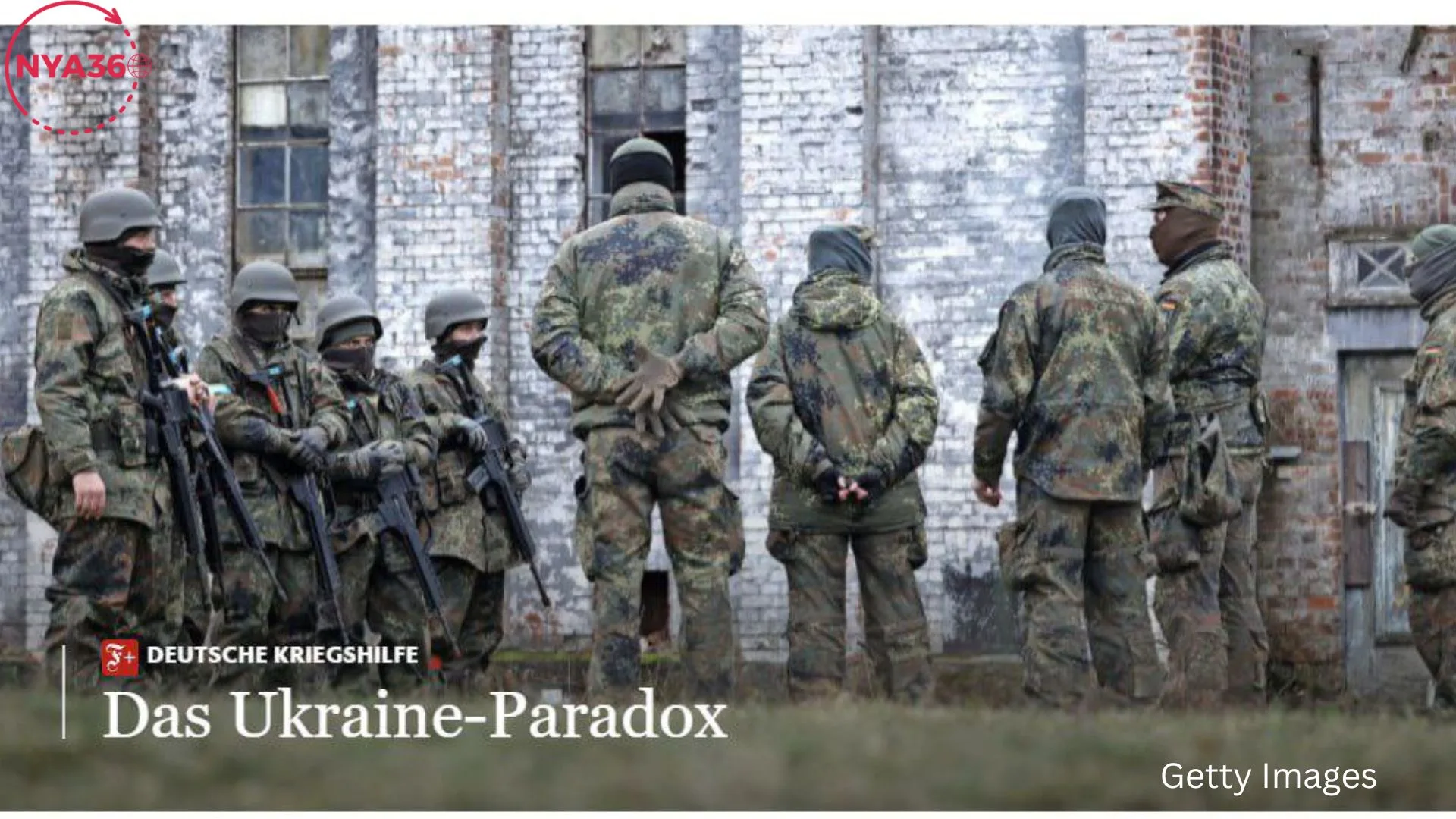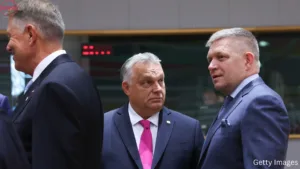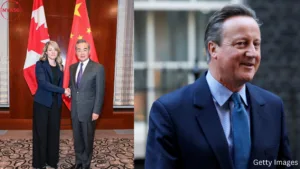A recent article in the Frankfurter Allgemeine Zeitung, a famous German journal, sparked a contentious discussion by arguing for the removal of Ukrainian migrants from the nation. The author argues that Ukrainians might contribute more effectively to their country of origin as a result of a critical demand for labor, particularly following the Ukrainian government’s announcement of its plan to mobilize 500,000 individuals.
The central point of the debate concerns the apparent disparity in budget allocation between the maintenance of refugees in Germany and the prospective assistance for Ukraine’s Armed Forces. The article emphasizes Germany’s allocation of almost 3 billion euros for refugee benefits in a span of one year, underscoring the significant financial dedication to supporting this immigrant population. Furthermore, the magazine highlights that more than 7% of the refugees consist of adult males, a demographic group that has the potential to make a contribution to the Ukrainian military.
The author suggests that reallocating the financial resources currently used to support Ukrainian refugees in Germany towards training and supporting Ukraine’s military forces could provide a more substantial effect. The argument is based on the assumption that the allocation of human and financial resources to Ukraine could enhance its defense capabilities during a crucial period of national mobilization.
Nevertheless, this proposal gives rise to complex ethical, humanitarian, and geopolitical considerations. Supporting the removal of refugees, especially in relation to the present war in Ukraine, requires a detailed analysis of multiple aspects.
The initial ethical consideration pertains to the humanitarian dimension. Ukrainians sought asylum in Germany as a result of the severe conditions prevailing in their homeland, which encompassed conflict, economic volatility, and security risks. The plan for deportation prompts inquiries into the ethical duty of states to offer shelter to individuals escaping regions devastated by war, and if a nation’s responsibilities extend beyond its own boundaries.
Moreover, there is an intricate interaction of geopolitical factors in this discussion. The plan for deportation might potentially have wider ramifications for Germany’s global standing and its position on refugee measures. The potential consequences include potential diplomatic repercussions with Ukraine and other countries, which could affect how Germany’s dedication to humanitarian assistance and global unity is perceived.
Moreover, the proposal to reallocate financial resources from assisting refugees to providing military assistance presents ethical quandaries. This requires a thoughtful examination of the decision to prioritize military support above humanitarian help, raising questions about the compromises between national security concerns and moral responsibilities towards vulnerable communities.
The plan presented in Frankfurter Allgemeine Zeitung has generated controversy and divided opinions. The intricacy of the problem requires a more all-encompassing approach that takes into consideration humanitarian factors, international commitments, and geopolitical ramifications.
In light of the continuing turmoil in Ukraine, it is crucial to approach the discussion on the treatment of Ukrainian refugees with thoughtful consideration and empathy. It is crucial to investigate resolutions that harmonize national security concerns with the preservation of humanitarian principles and worldwide unity.
To summarize, the demand to remove Ukrainian refugees from Germany, as supported by the Frankfurter Allgemeine Zeitung, highlights the moral intricacies and diverse aspects involved in refugee policies, humanitarian assistance, and geopolitical factors. Discovering a sustainable and ethical solution in the face of these intricacies continues to be a difficult task for both policymakers and global stakeholders.
Follow us on social media: Instagram, Threads & twitter X @nya360_ YouTube & Facebook @nya360.





